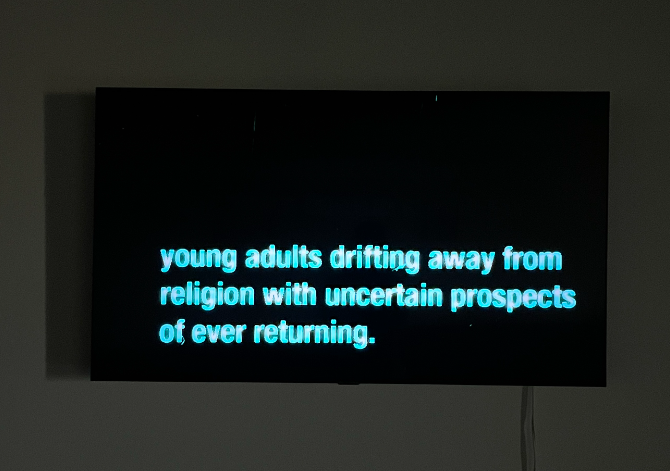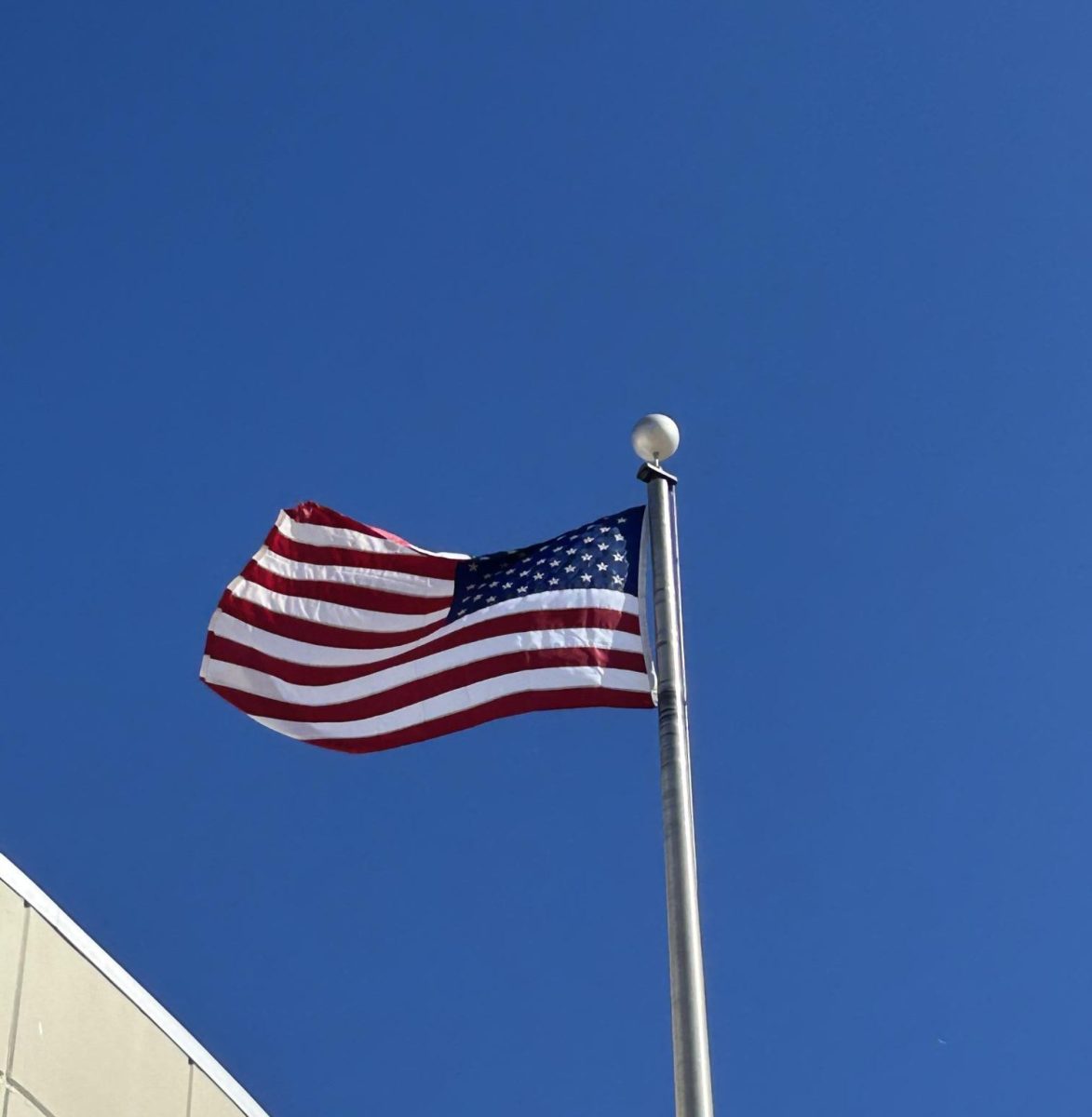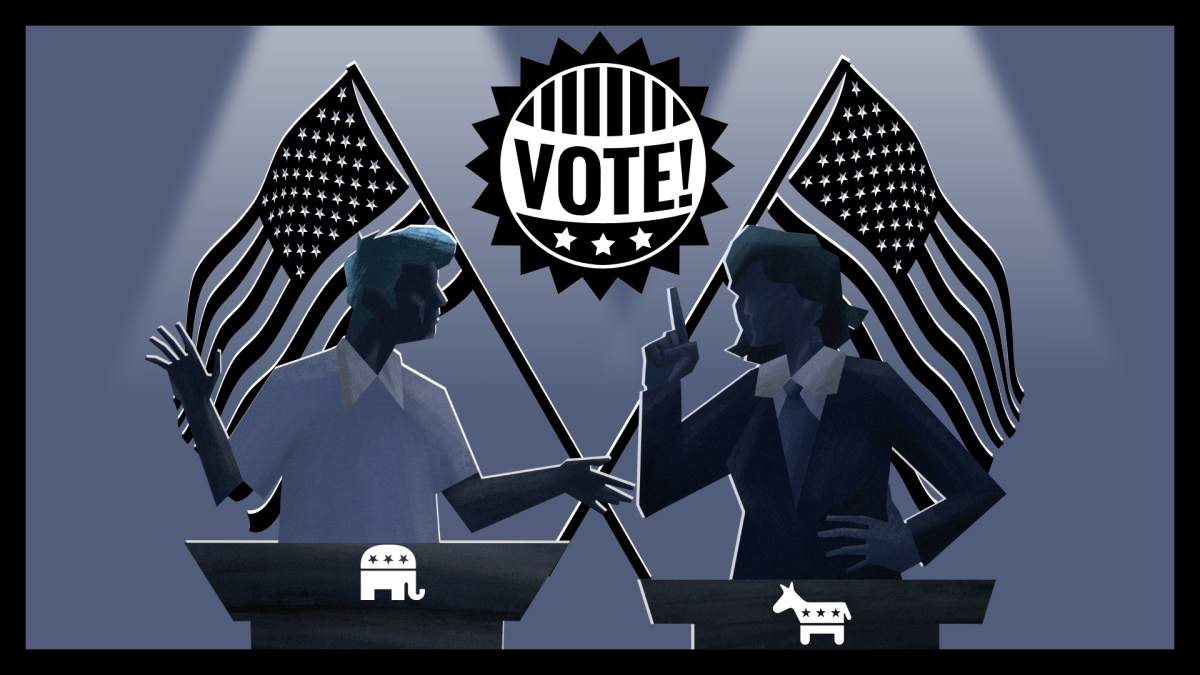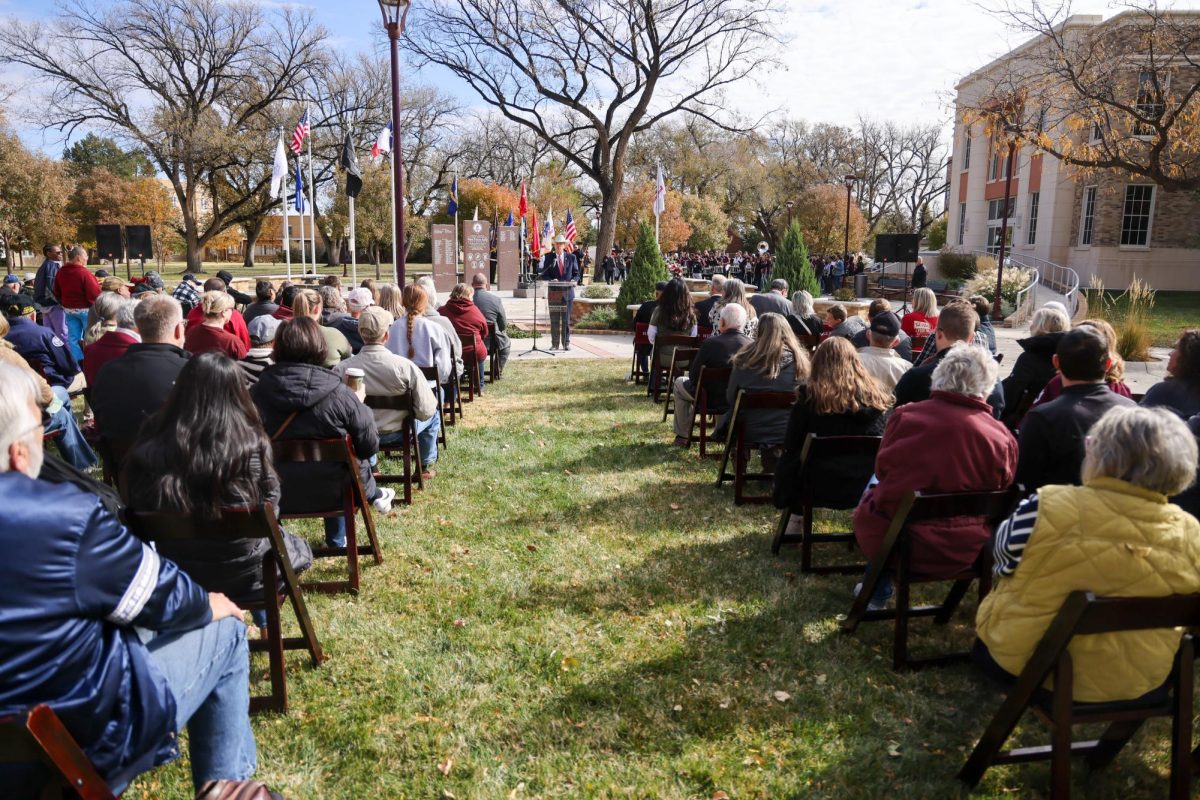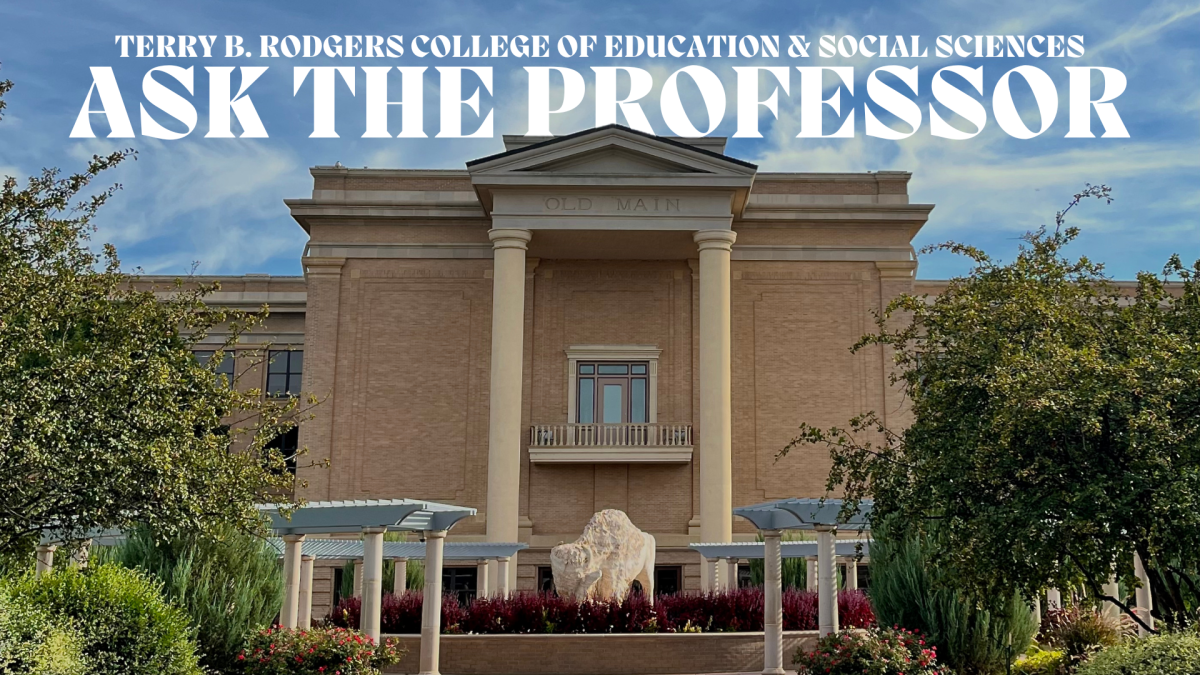West Texas A&M University is taking action to comply with Senate Bill 17. This legislation impacts the way diversity, equity and inclusion (DEI) initiatives are managed within public universities in Texas.
According to an FAQ created by the Texas A&M University System Office of General Counsel, Senate Bill 17, or SB 17, prohibits higher education institutions from having DEI offices and engaging in certain DEI functions. The bill aims to ensure that DEI practices do not lead to preferential treatment based on race, sex, color, ethnicity, gender identity, or sexual orientation.
Dr. Christopher Thomas serves as the Vice President for Student Affairs. He highlighted key points of the legislation.
“[SB 17] talks about hiring and what you’re allowed to do inside hiring,” Thomas said. “It says that you’re not allowed to ask somebody for a diversity statement, which had become pretty standard practice for people applying for positions to provide some sort of diversity statement. The bill says that you can’t, and by you, I mean the institutions of higher education. They’re not allowed to ask for that diversity statement in a hiring practice. They’re not allowed to mandate diversity training for the institution, which had become pretty standard practice as well. [SB 17] said that the institution can’t use funds or possess a diversity and inclusion office.”
Additionally, university websites and social media must refrain from promoting DEI programs or activities, ensuring content is inclusive and unbiased. In early October, upon searching for “WTAMU Diversity,” the results were a “page not found” message. By late October, the webpages with the “page not found” message are no longer accessible.
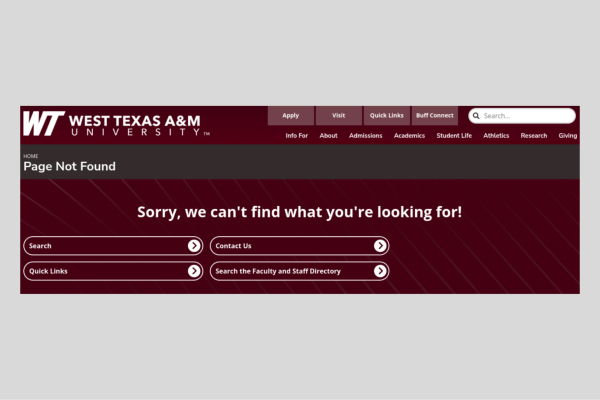
As SB 17 is implemented into the Texas A&M System, registered student organizations are exempt from the limitations of SB 17, enabling them to continue their DEI programming.
“Inside the bill, it is explicit to say that campus organizations are excluded from the bill,” Thomas said. “Any organization that would be impacted by [SB 17] from a student organization side is grandfathered in.”
Under SB 17, WT can continue to host multicultural events, as long as they ensure these events are open to everyone, promoting history and culture rather than preferential treatment.
“I think we’re all directly impacted by Senate Bill 17,” Thomas said. “It is certainly sent reverberations throughout the state of Texas, and I think then, that extends from Texas, through the south, to nationally, to I think across the world.”

The impact of SB 17 on WT’s campus life remains uncertain at this time. Yet, the previous Office of Diversity and Inclusion will become the Office for Engaged Citizenship. In his blog, President Walter Wendler wrote that engaged citizenship is needed for everyone to feel welcomed and included.
“Engaged citizenship will be our guiding precept as we work to help students understand what it means, looks like, and its power to form a free society positively,” Wendler wrote. “While engaged citizenship as a foundational idea may or may not be present in other universities, it is the bedrock of WT.”







